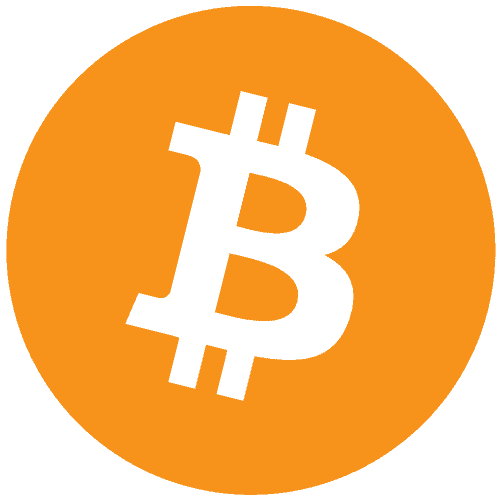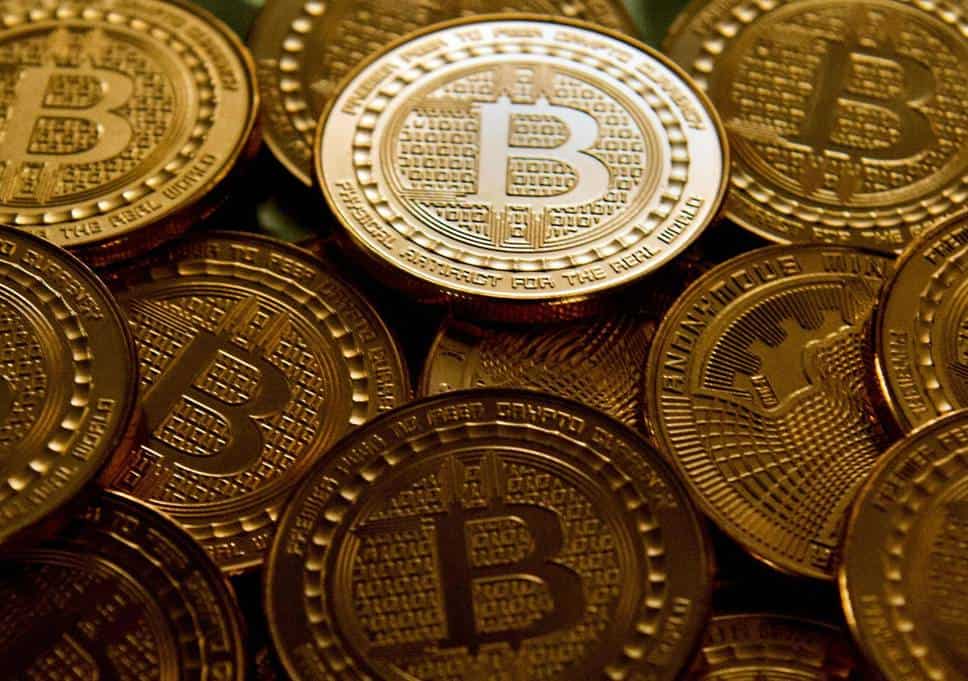There is a 50% chance that in the last 10 to 12 years, you probably have heard the words Cryptocurrency and Bitcoin from your peers, colleagues at work, relatives, news, etc. While the whole concept of Cryptocurrency (Crypto for short) and Bitcoin (otherwise BTC) isn’t new to some reading this, it all seems like magic to a couple of people (reading this).
If you fall among the latter category, and there exists the tiniest bit of curiosity in you, then I advise you keep your eyes glued to your screen as we would try to demystify the whole Cryptocurrency and Bitcoin concept in this post.
So…
What is Bitcoin?
Bitcoin was the pioneering example of cryptocurrency that exists. However, unlike the above image, it isn’t some physical form of coin or currency you can keep in your wallet. BTC is basically a line of code (as in programming) with value; which can be purchased and sold for money.
BTC is basically about 70,000 thousand lines of code written in C++ programming language. The first working version was around 14,000 lines code and grew to around 30,000 lines of code as at 2017.
Its creator goes by a fake name Satoshi Nakamoto. It is believed that Satoshi Nakamoto was only an alias used by the creator (whose real name, face, and overall identity remain unknown) when he invented Bitcoin in early 2009.
According to Bitcoinplay.net (via TechWeez), a year after the invention of the cryptocurrency (2010), 10,000 Bitcoin could only get you two boxes of pizza. The same isn’t the case today.
As at the time this was originally written in 2018, 1 Bitcoin was worth over $8,500, having almost peaked at $20,000 in 2017. As at our latest update 1 BTC was worth just over $39,000 after peaking at just over $63,000 in April 2021.
Nakamoto created Bitcoin out of the desire and thought of having a decentralized currency — money that no authority, company, or individual had control over and owners of the currency could not be traced or identified.
Like physical currency where you keep your money in your pockets, purse or a wallet, a “Bitcoin Wallet” is a special program that allows you store your Bitcoin and also, transfer to other users, a merchant or customer that accepts BTC as a form of payment; picture it as removing a couple of Naira or dollar note from your purse to give to another person.
Transfer of Bitcoin is safe, reliable and remain completely anonymous as it is a form of digital money that uses encryption to secure transactions. This same encryption guides the creation of new units.
How do I get Bitcoin? you might ask. Well, for the purpose of explaining its acquisition, I’d compare Bitcoin to Oil. BTC is like a commodity (a currency in the real sense of it) that you can acquire by; Buying it, or Mining (Creating) it.
How do I Mine (Create) Bitcoin?
Well, it would surprise you to know that mining Bitcoin is absolutely FREE! Yes, free. However, the resources and the know-how you need to possess to mine the virtual currency might cost you some dough.
Before moving to the mining of the currency, there are some facts that needs to be stated forehand:
- Only 6.25 Bitcoin can be mined / created every 10 minutes after verifing a block of BTC transaction. (This value was 50 BTC at launch, 25 in 2012, 12.5 in 2016, and 6.25 as at February 24 2021)
- There are finite Bitcoin — there can only be 21 million Bitcoin in existence.
- The creator, Satoshi Nakamoto, is believed to own 1 million units of Bitcoin
- In July 2017, the total amount of Bitcoin in circulation were believed to be about 16.4 million.
- By 2041, the 21 million cap on BTC quantity is estimated to be reached.
The above being said. Mining Bitcoin is a complex, capital and energy-intensive process as it requires sophisticated hardware, constant power (electricity) and the internet.
Presently, there are thousands of miners actively mining Bitcoin and all they do is to verify a mathematical hashing puzzle. The miner gets a reward for verifying a block of BTC transaction to be added to the Blockchain.
The fastest miner to successfully verify the block gets rewarded with 6.25 BTC (currently worth over 300,000 USD). Miners make money by selling newly generated coin to interested buyers.

How do I Buy or Sell Bitcoin?
Generally, to buy or sell Bitcoin, you have to have a wallet and be registered on cryptocurrency exchange where Bitcoin are bought and sold. These BTC sales and purchase websites are known as Bitcoin Exchanges.
The volume of Bitcoin you intend to buy or sell determines the type of buyer you are. And the type of buyer you are determines the type of Exchange you use. Exchanges like Gemini and GDAX deal with buyers and sellers of large volume of BTC.
Coinbase, Kraken, Bitstamp, Paybis are trusted exchange for trading smaller volumes of Bitcoin. In Africa, you can buy or sell on Bitkoin Africa.
It is noteworthy to state that security and trust is a big factor to consider when choosing Exchange platforms to trade your Bitcoin. Back in 2016, Bitcoin worth millions of dollars we’re stolen when Bitfinex, a Bitcoin Exchange platform was hacked.
So be careful on which Exchange you use and how you use them. You don’t want your coins stolen, do you? It is also advised to choose BTC retail exchange platforms (like Poloinex) that verify customers during trade.
Depending on the Exchange, you can choose to trade your Bitcoin for cash, or other cryptocurrencies.
How do I store my BTC?
As mentioned earlier, a BTC Wallet is like a virtual purse where you store your Bitcoin…and there are different types of them:
1. Hardware Wallet
This is a physical wallet; a device specifically made for Bitcoin transactions. It connects to the internet before a transaction can be carried out and unlike other wallets, it is the most secure as it is almost impossible to hack. It may however get easily stolen..or damaged.
Example of Hardware Wallet include Ledger Wallet, Trezor and KeepKey.
2. Online and Mobile Wallets
These are typically online wallets that can be accessed on the internet and mobile gadgets anywhere you are. It is free, easy to set up, and convenient but less secure.
There are several online wallet providers but safety remains an issue since your wallet key are saved on their database; they could be hacked. Some trusted online and mobile wallets include Coinbase and Blockchain.
3. Software Wallet
This is a wallet which, just like any other software, you install on your computer. This wallet allots more control and security over your wallet but you have to ensure your computer is safeguarded against hackers and prying eyes and insured against impromptu damage by backing it up. The official Bitcoin Wallet can be downloaded on the official BTC website here.
4. Paper Wallet
This is often used for long-term storage of BTC. Paper Wallets are basically a piece of paper on which the private and public keys of your bitcoin address are printed. Platforms like PaperWallet.Bitcoin.com and WalletGenerator offer Paper wallets.
The above are summarized bits on the most popular cryptocurrency, Bitcoin: its history, some facts, creating it, buying it, selling it, and storing it.
What do you think about Bitcoin? Have you ever traded it before? Bought or sold it before? Got any question? Ask in the comments box.








